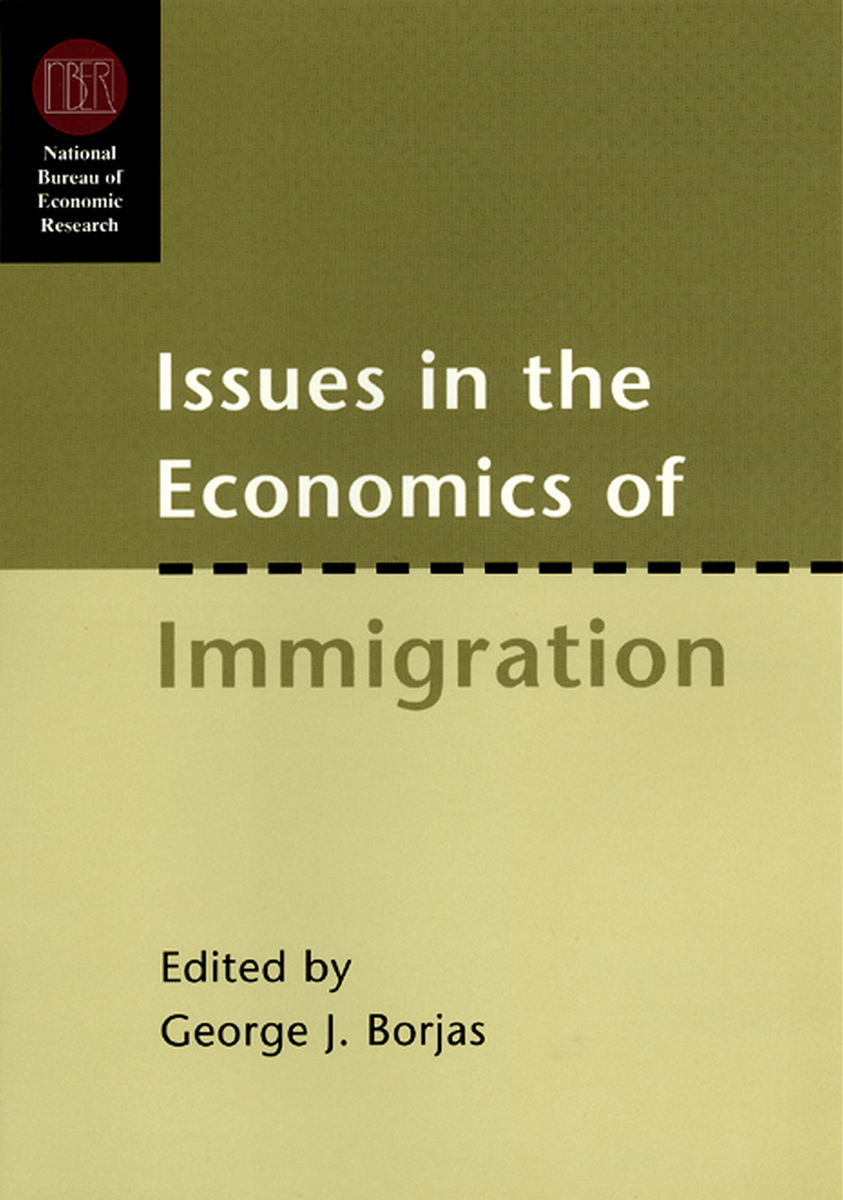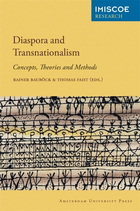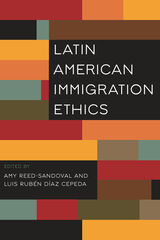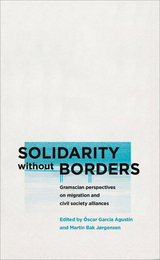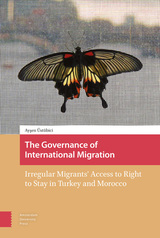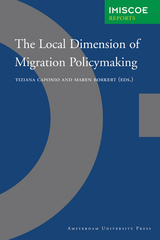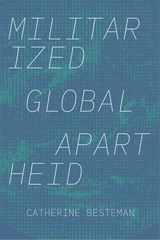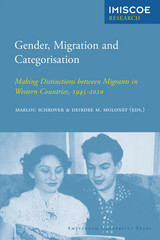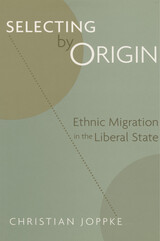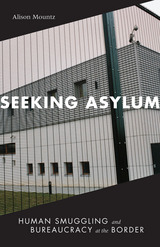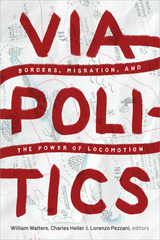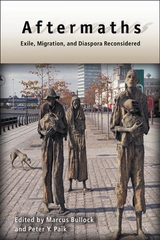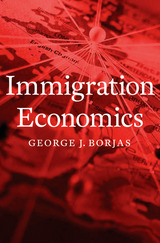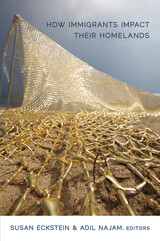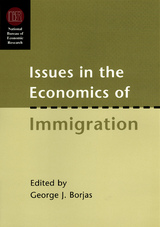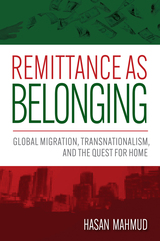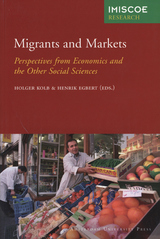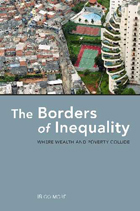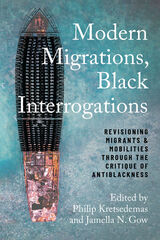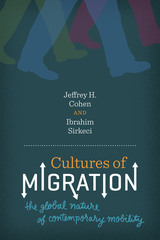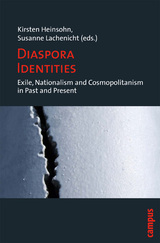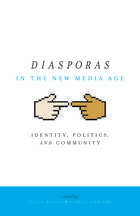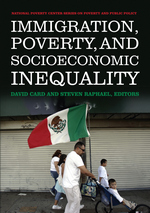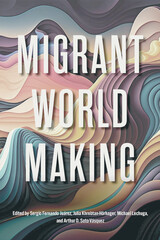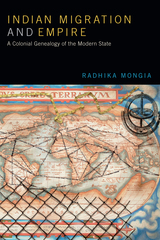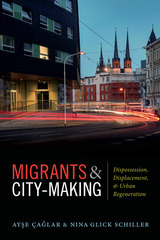Issues in the Economics of Immigration
University of Chicago Press, 2000
eISBN: 978-0-226-06667-7 | Cloth: 978-0-226-06631-8
Library of Congress Classification JV6217.I77 2000
Dewey Decimal Classification 330.9
eISBN: 978-0-226-06667-7 | Cloth: 978-0-226-06631-8
Library of Congress Classification JV6217.I77 2000
Dewey Decimal Classification 330.9
ABOUT THIS BOOK | AUTHOR BIOGRAPHY | TOC | REQUEST ACCESSIBLE FILE
ABOUT THIS BOOK
The United States is now admitting nearly one million legal immigrants per year, while the flow of illegal aliens into the country continues to increase steadily. The debate over immigration policy has typically focused on three fundamental questions: How do immigrants perform economically relative to others? What effects do immigrants have on the employment opportunities of other workers? What kind of immigration policy is most beneficial to the host country? This authoritative volume represents a move beyond purely descriptive assessments of labor market consequences toward a more fully developed analysis of economic impacts across the social spectrum. Exploring the broader repercussions of immigration on education, welfare, Social Security, and crime, as well as the labor market, these papers assess dimensions not yet taken into account by traditional cost-benefit calculations.
This collection offers new insights into the kinds of economic opportunities and outcomes that immigrant populations might expect for themselves and future generations.
This collection offers new insights into the kinds of economic opportunities and outcomes that immigrant populations might expect for themselves and future generations.
See other books on: Borjas, George J. | Economic Conditions | Emigration and immigration | Immigration | Issues
See other titles from University of Chicago Press
